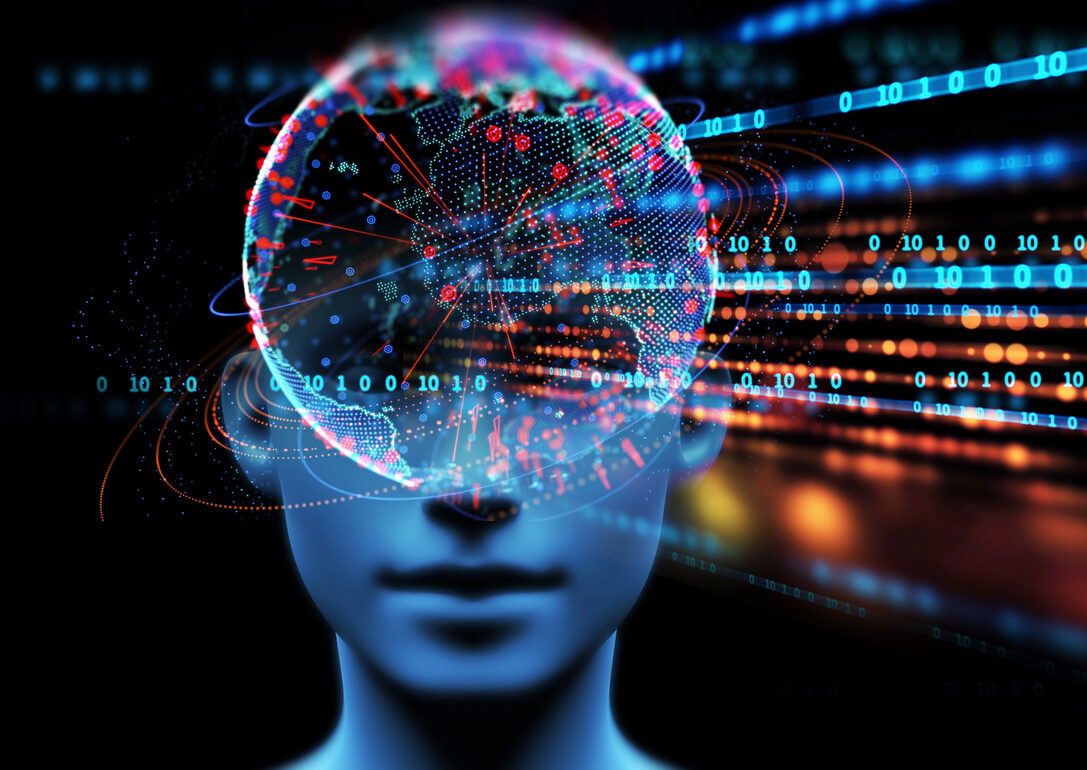“AI and the Human Mind: Exploring the Boundaries of Intelligence” encapsulates the enthralling exploration at the intersection of artificial intelligence (AI) and the intricacies of human cognition, delving into the nuances, parallels, and disparities between machine intelligence and the complexities of the human mind.
This profound exploration delves into the realms where AI intersects with cognitive science, psychology, neuroscience, and philosophy, seeking to unravel the boundaries and parallels between artificial and human intelligence. It scrutinizes the capacities of AI systems to replicate human-like cognitive functions, decision-making processes, and adaptive learning mechanisms.
AI, with its remarkable advancements in machine learning, neural networks, and natural language processing, mirrors certain cognitive capabilities of the human mind. Yet, the divergence between artificial and human intelligence underscores fundamental disparities in emotional intelligence, intuition, creativity, and consciousness that define human cognition.
The discussion revolves around the capabilities of AI to process vast amounts of data, recognize patterns, and perform tasks with remarkable precision. It explores how AI systems mimic human cognitive functions such as problem-solving, reasoning, and language comprehension, albeit within defined parameters and without consciousness or emotional understanding.
However, the exploration transcends the mere replication of human-like tasks by AI and delves into the intricate facets of human consciousness, empathy, moral reasoning, and ethical decision-making. The human mind’s ability to grasp abstract concepts, generate original ideas, exhibit moral agency, and experience emotions remains a frontier beyond the reach of current AI systems.
The conversation navigates through the ethical and philosophical implications of AI’s evolution vis-à-vis human intelligence. It prompts reflection on the ethical use of AI, the potential societal impact of AI-human collaborations, and the existential questions surrounding the implications of AI achieving human-like consciousness or surpassing human intelligence.
Moreover, this exploration invites contemplation on the symbiotic relationship between AI and the human mind. It envisages a future where AI augments human capabilities, serving as a tool to enhance creativity, solve complex problems, and expand the horizons of human potential.
“AI and the Human Mind: Exploring the Boundaries of Intelligence” serves as a conduit for a captivating dialogue, inviting scholars, researchers, ethicists, and curious minds to embark on a captivating journey that transcends technological capabilities, delving into the essence of human cognition and the evolving landscape of artificial intelligence. Through this exploration, we unravel not just the boundaries but also the potential synergies between AI and the intricate workings of the human mind, shedding light on the ever-evolving tapestry of intelligence.



